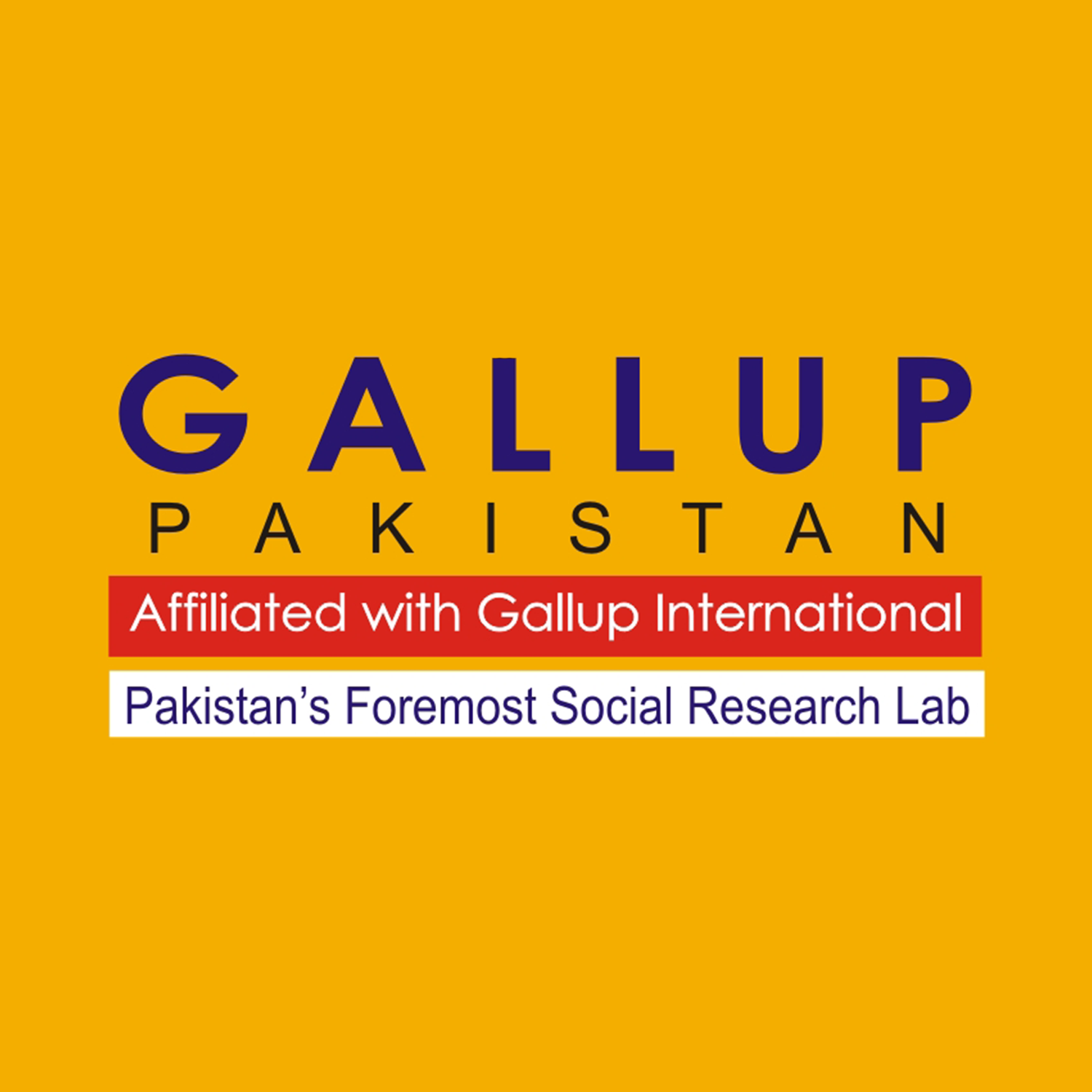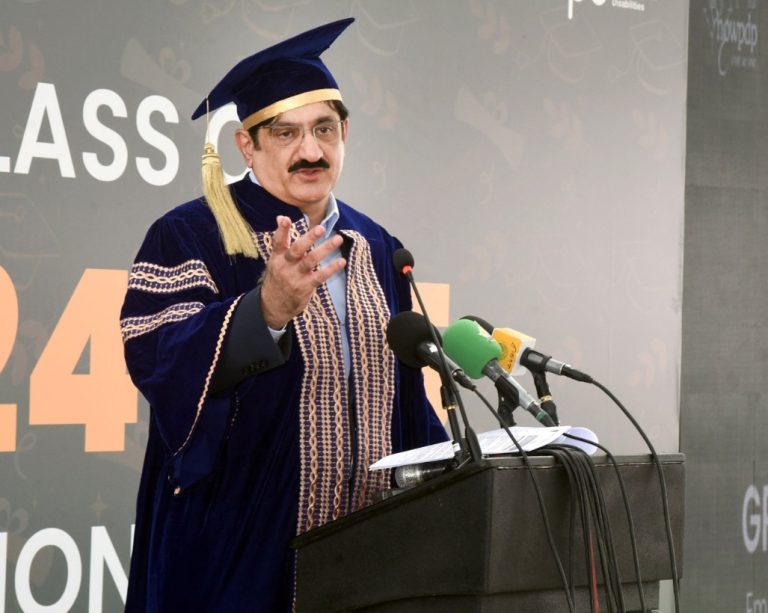A new study by Gallup Pakistan, conducted in collaboration with the Worldwide Independent Network of Market Research (WIN), has shed light on changing public perceptions of health, evolving dietary habits, and nutrition trends across Pakistan. The findings, part of WINs Annual Worldviews Survey and released in conjunction with World Nutrition Day 2025, are based on responses from a nationally representative sample of 1,000 Pakistanis.
The survey aligns Pakistans health behavior within a global context, comparing data from 40 countries and over 35,000 individuals. It uncovers the impact of economic stress, cultural norms, and rising health awareness on how people approach food, vitamins, and wellbeing.
See also: Contaminated Milk and Tea Leaves Found at Karachi Tea Stalls: Sindh Food Authority
Key Highlights:
-
Self-Rated Health Declines: While 78% of Pakistanis still consider themselves healthy or very healthy, the proportion identifying as very healthy has fallen sharply from 33% in 2018 to 16% in 2025, reflecting a shift toward more cautious self-assessment.
-
Vitamin Intake Rising but Still Low: The use of vitamin supplements rose slightly from 20% in 2018 to 27% in 2025, though this remains below the global average of 34%. Supplement use is notably higher among those aged 55+, postgraduates (44%), and retired individuals, while youth and students lag significantly.
-
Dietary Adjustments:
-
Less Junk Food: A majority of Pakistanis reported reducing fast food (53%), packaged items (49%), and sweets (48%), signaling growing awareness about diet and health.
-
Healthier Choices Rising: 44% reported eating more fruits and vegetables, while 33% increased dairy intakeboth above global averages.
-
Organic Food Decline: In a surprising reversal, 41% said they had cut back on organic food consumption by 2025.
-
Low-Sugar/Fat Product Rejection: Once favored, low-sugar and low-fat products have seen a sharp decline in popularity, with 41% reducing intakethree times the rate in 2019.
-
Mixed Meat Trends: While 27% increased meat intake, 42% reduced it, showing varied behavior based on income and age.
-
-
Demographic Insights: Health-conscious dietary behavior is most common among younger adults (1824), those with higher education, and full-time workers. Conversely, reductions in food consumption among women, retirees, and lower-income groups often reflect affordability concerns more than health preferences.
-
Pakistan in Global Perspective: Compared to other countries, Pakistanis are making more pronounced efforts to cut unhealthy foods but trail behind in preventive habits like vitamin use.
Policy and Awareness Implications
The findings highlight a growing but uneven health consciousness in Pakistan, with socioeconomic gaps affecting access and consistency in healthy dietary choices. Experts say this data offers a valuable roadmap for designing targeted public health campaigns and nutrition policies.

















3 thoughts on “Gallup Pakistan Survey Reveals Shifting Health and Nutrition Trends Among Pakistanis”
Comments are closed.